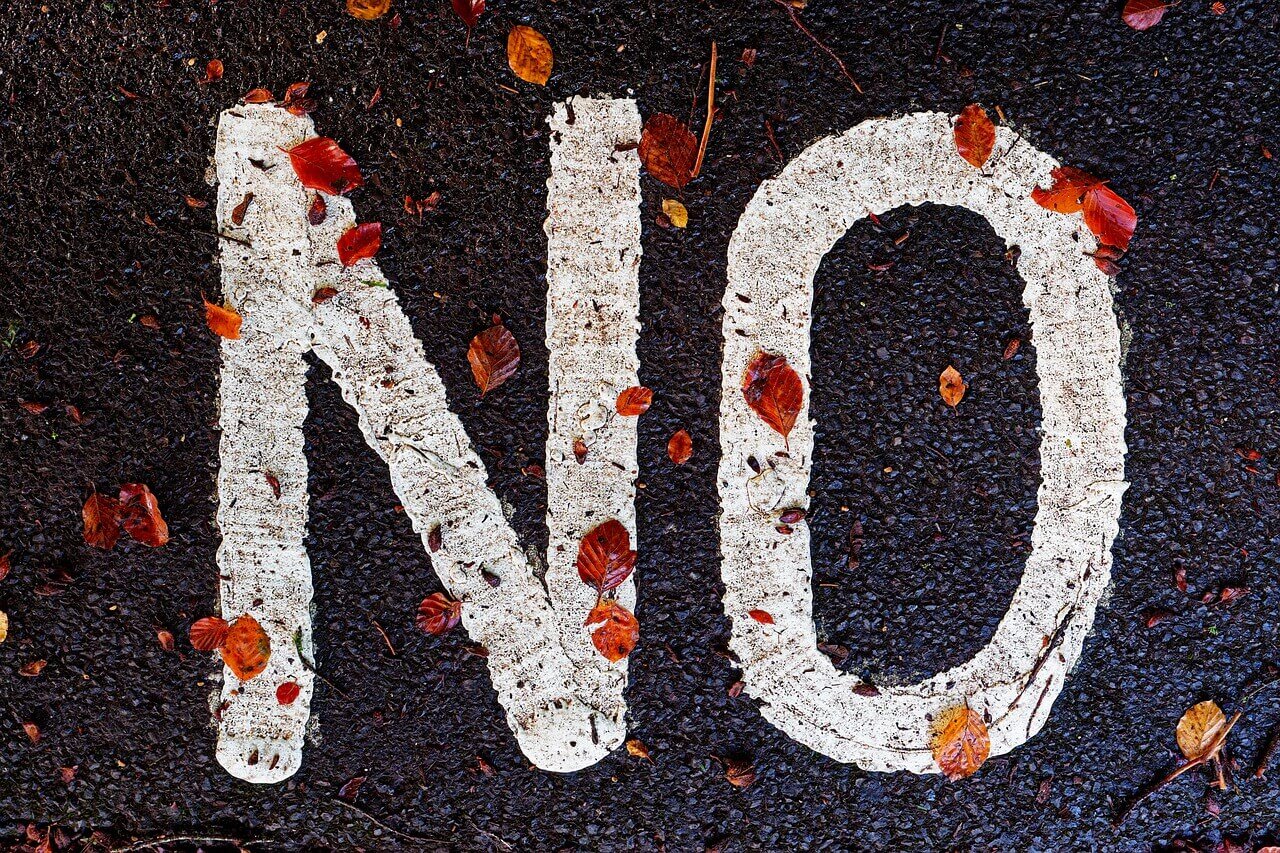Have you found yourself in the position where your bank or lender declined your payday loan request? Has it happened when you needed a stream of money – fast? Well, don’t panic.
Plenty of applicants experience the headache of a rejected application and worked through it. There are always alternatives to payday loans. Before moving forward, it is integral that you understand why you fell short on this occasion.
Key Points:
- Your loan may have been declined due to not meeting the eligibility criteria. This may be because you are too young, have insufficient income, or don’t have American citizenship.
- 12 million Americans take out at least one payday loan each year.
- Your application may have been rejected due to a weak credit score. The average US credit score is 698.
- You may be eligible for a no credit check loan, whereby your lender doesn’t take your credit score into account when being approved for a loan.
- Alternatively, you could approach a loved one for a loan, or seek a guarantor loan.
First, Understand Why Your Application Was Declined
It can feel like a nightmare when you receive that dreaded email or on-screen result – ‘your loan application has been declined.’ That stress and dread is a feeling you likely don’t want to relive, so the first step is to understand why you’ve found yourself in this situation. Understanding your situation can help you adjust and not let this happen again.
So, Why Was I Rejected?
-
Failing To Meet Eligibility Requirements
You may have been rejected for simply not meeting the eligibility requirements for a loan. Most lenders will require you to be over 18 years of age, a US resident, in part-time or full-time employment with a minimum income requirement, and have a valid checking account. If you do not reach these requirements, then you will likely be rejected.
-
Weak Credit Score
You also may have been rejected due to your credit record. Your credit score is a number between 300 and 850, which indicates your past financial activity and helps lenders determine whether you will be a reliable borrower. With the average credit score in the US sitting at around 698, if you have a much lower score, lenders may elect to reject your application. You can check your credit score via the FICO website.
If this is the case, you should work towards improving your credit score. To do this, you should pay all debts back promptly, and cover all bills on time. Indeed, if you have any outstanding payday loans, it is essential that you pay them back fully and on time to prevent your credit record from suffering.
-
You May Have Too Many Outstanding Loans
While 75% of loans are lent to repeat borrowers, lenders do not get a warm and fuzzy feeling from lenders with multiple loans out at once. This is because it implies that you can’t financially support yourself, and rely on loans regularly. That is why it is recommended to only use loans when you truly need them and explains why many states limit how many loans you can take out at once. For example, if you live in California or Florida, you are only able to have one payday loan at any one time.
-
Your State May Prohibit Loans
Thirteen states ban payday loans altogether, including New York and New Jersey. If you live in one of these states and apply for a loan, you will be rejected.
Other states that authorize loans apply regulations to them, such as how much you are allowed to borrow. For example, in Ohio, borrowers can secure a maximum of $1000 at a time. If you live in a state which limits how much you can borrow, and your application requests more than this, you will likely be rejected, or offered a smaller amount of money than you have requested.
What Can I Do Next?
If you find that you don’t meet the eligibility criteria, you can sometimes change that. For example, if you don’t have a live checking account, you could set one up. If, however, you are too young to be offered a loan, you will have to seek an alternative means of funding.
Approach A Loved One
Around 60% of Americans have lent cash to a loved one before, according to Bankrate. It is not unheard of to ask a friend or family member for help when you need it. If you choose to do this, you should ensure that you communicate openly about why you need the money, how long for, and how you intend to pay it back. Honesty is central in maintaining a positive relationship when money is thrown into the mix.
Seek A Guarantor Loan
If you are not eligible for a loan yourself, you could ask someone with a stronger financial record or circumstance to help you secure a loan. Approach someone you trust to act as a guarantor for you. They essentially guarantee to pay off the loan if you fail to. Again, honesty and openness is key if you choose to do this.
Apply For A No Credit Check Loan
A no credit check loan could be the answer. If your credit score holds you back with some lenders it may not with others. Many lenders are committed to helping borrowers who have struggled in the past. They offer you a loan without carrying out a credit check. If you choose to do this, you should ensure that you pay back your loan promptly and fully. Repay in accordance with the terms of your contract. Failing to do so will result in further damage to your credit score. If your credit score worsens it will make it even harder to secure a loan in the future. Also, know how to check your credit score and learn what you can do to improve it.


